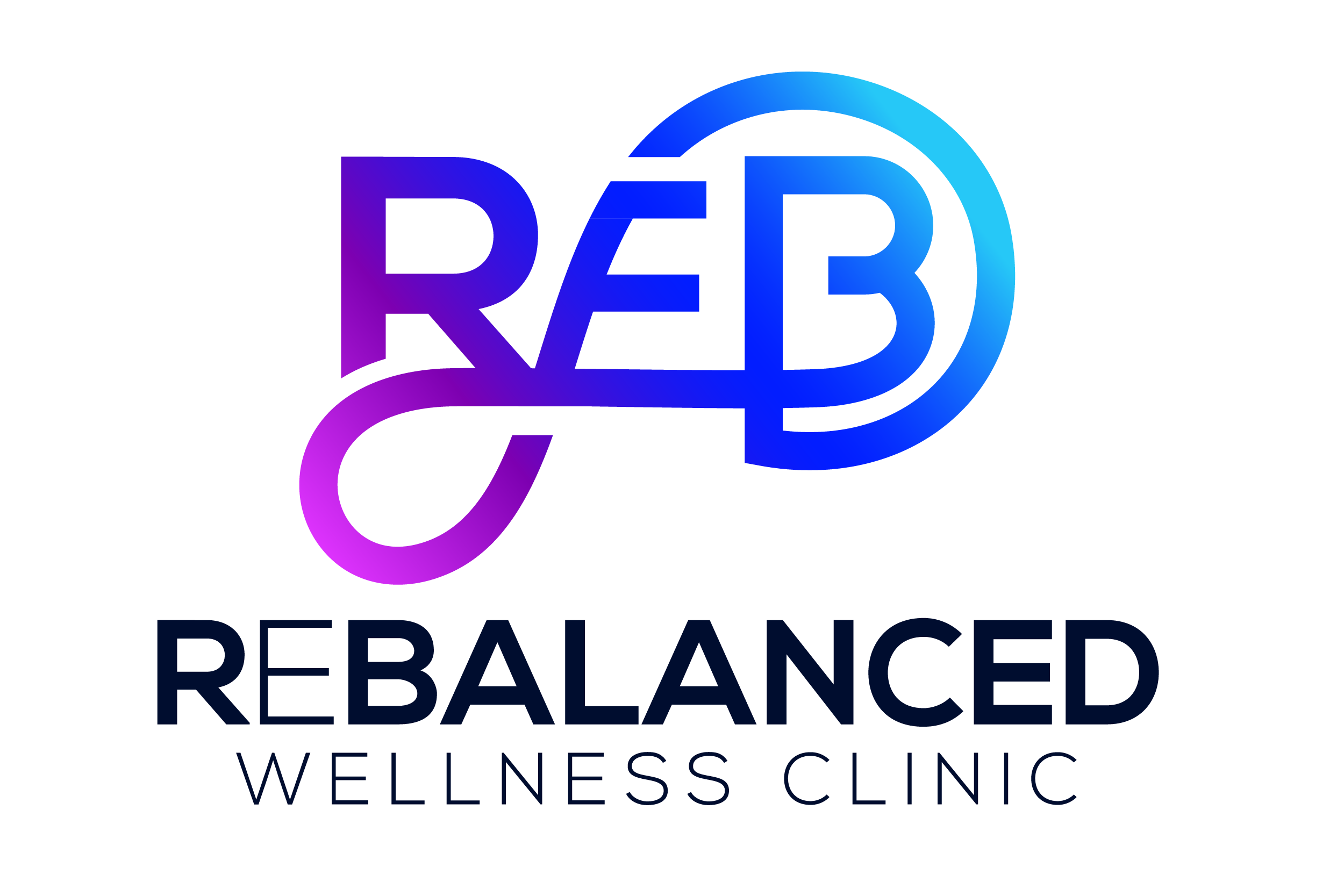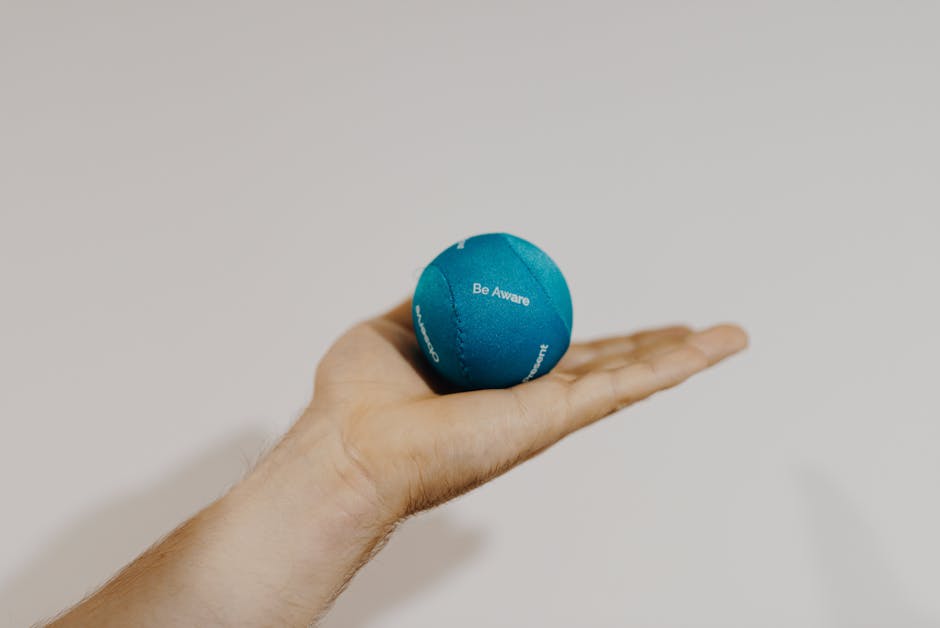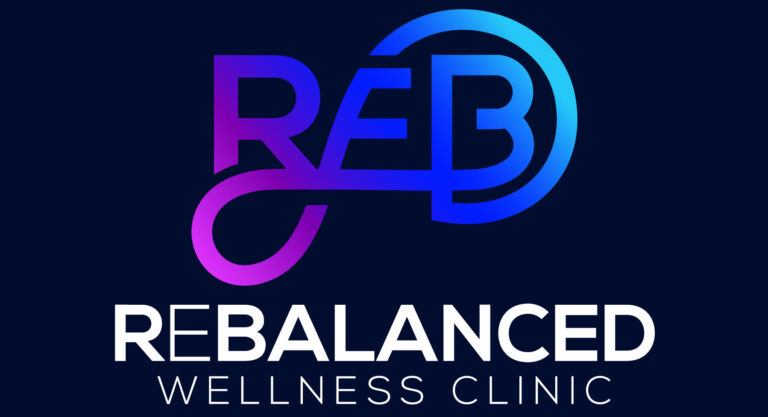Introduction to Collagen Therapy in Athletic Recovery
Athletes push their bodies to the limit, which sometimes leads to injuries or slower recovery times. Here’s where collagen therapy comes into play. It’s a game-changer for anyone looking to bounce back faster and stronger. Collagen is a protein that acts as a building block for bones, skin, muscles, tendons, and ligaments. When athletes undergo collagen therapy, they’re basically fueling their bodies with the necessary ingredients to repair and strengthen these key areas. Think of it as giving your body the bricks and mortar it needs to rebuild after intense physical stress. Whether it’s through supplements, diet, or treatments, providing your system with extra collagen can help reduce recovery times and improve overall athletic performance. The bottom line? Collagen therapy could be your secret weapon in achieving peak physical condition and getting back in the game faster.
The Role of Collagen in the Body’s Healing Process
Collagen plays a crucial role in the body’s healing process, acting as the foundation for strong bones, skin, muscles, tendons, and ligaments. Think of it as the glue that holds everything together. When injuries occur, collagen is like the first responder, rushing to the damaged site to start the repair work. For athletes, this means quicker recovery from injuries such as sprains, strains, and muscle tears. Collagen therapy can speed up this natural healing process. By supplementing with collagen, you’re essentially giving your body the building blocks it needs to reinforce its structural integrity. This doesn’t just mean faster healing; it also means stronger, more resilient tissue that’s less prone to future injuries. So, whether you’re dealing with a nagging injury or just looking to enhance your recovery process, consider giving your body a collagen boost. It may just be the missing piece in your athletic recovery puzzle.
Different Forms of Collagen Therapy for Athletes
Athletes have started to lean heavily on collagen therapy to speed up their recovery. Why? Because it works. You’ve got several options when it comes to how you get this magic protein into your system, each with its own pluses and minuses. Let’s break it down simple.
First, we’ve got collagen supplements. Popular and easy. You just pop a pill or mix a powder in your drink daily. They’re everywhere and come in various types. Easy to fit in your routine, but you’ve got to keep at it to see results.
Next is bone broth. Old school and natural. It’s rich in collagen and you can make it at home or buy it ready-made. Great for those liking a more natural route, but it takes time to prepare if you’re doing it yourself.
Then there’s collagen creams. Right, not everything is about eating or drinking. These you slap directly on the skin. They promise to help with muscle recovery and skin elasticity. Convenient but mixed opinions on how deep the collagen can go through the skin.
Collagen injections are another level. They get right to the point, especially for specific injuries or areas needing attention. Fast but can be pricy and you’ll likely need a pro to do it.
And lastly, collagen-rich foods. Think chicken skin, pork skin, fish, and egg whites. No supplements needed, but you’ve got to eat a good amount and regularly to hit your collagen targets.
Each athlete’s got to decide what fits best with their life, budget, and recovery needs. There’s no one-size-fits-all here, but the goal is the same: getting back in the game stronger and quicker.
Benefits of Collagen Therapy in Muscle and Joint Recovery
Collagen therapy is a game-changer for athletes looking to speed up their recovery times. First off, it helps repair connective tissues. Think about your muscles and joints working overtime during workouts or competitions. Collagen steps in to boost repair, making sure you’re back in action faster. It’s also big on reducing inflammation. Post-exercise soreness isn’t just uncomfortable; it slows you down. By cutting down inflammation, collagen therapy helps keep the soreness at bay, so your recovery doesn’t miss a beat. What’s more, it improves joint health. This means better flexibility and mobility, which are crucial for any athlete wanting to maintain peak performance. Plus, collagen increases strength and builds muscle. It works by promoting the synthesis of proteins essential for muscle growth. Bottom line, incorporating collagen therapy into your recovery regime could mean less downtime and better overall performance. Whether you’re an amateur or a pro, that’s something you can’t ignore.
How Collagen Improves Athletic Performance and Endurance
Collagen isn’t just a buzzword in beauty circles; it’s a game changer in the athletic world too. Think of collagen as the glue holding your body together. It’s crucial for healthy joints, strong bones, and durable tendons and ligaments—all vital for athletes pushing their limits. Now, how does it boost performance and endurance? Let’s break it down. First off, collagen speeds up recovery. After a grueling workout or game, your body needs to repair those micro-tears in your muscles. With adequate collagen, this process speeds up, getting you back in the game faster. Second, it strengthens joints and ligaments, reducing the risk of injuries. Stronger connections mean you can train harder and longer without the fear of sprains or tears halting your progress. Lastly, collagen can increase muscle mass when combined with strength training, thanks to its glycine content that promotes creatine synthesis, fueling muscles during intense workouts. So, incorporating collagen into your recovery routine could mean better performance, longer endurance, and fewer days sidelined by injuries. Simple as that.
Integrating Collagen Therapy into Your Recovery Routine
Adding collagen therapy to your recovery routine could be a game-changer if you’re an athlete looking to enhance healing and bounce back faster from workouts. Collagen is a protein that’s key for maintaining the health of your muscles, bones, and joints. Here’s how you can integrate it seamlessly into your routine:
-
Start with Supplements: Easy to use, collagen supplements come in powders, pills, or liquids. You can add the powder to your morning smoothie or your post-workout shake. It’s a straightforward way to boost your collagen intake without changing much in your diet.
-
Incorporate Collagen-Rich Foods: Lean into foods naturally rich in collagen like bone broth, chicken skin, and fish. Making these a regular part of your meals can support your body’s collagen levels naturally.
-
Stay Hydrated: Water helps collagen supplements work better. Keeping yourself well-hydrated means your body can more effectively process and utilize the collagen you’re adding to your diet.
-
Consistency is Key: Like any aspect of recovery and training, consistency matters. Make collagen intake part of your daily routine for the best results. It’s not an overnight miracle but integrated over time, it can significantly aid in your recovery process.
-
Listen to Your Body: Pay attention to how your body responds to increased collagen. Some athletes notice improvements in joint pain or recovery times. Your results may vary, so adjust your intake as needed based on how you feel.
Simplicity and consistency are your friends here. By following these steps, you’re not just recovering faster; you’re investing in the long-term health of your muscles, joints, and overall athletic performance.
Case Studies: Athletes Who Have Benefited from Collagen Therapy
Superstars of the sports world are turning towards collagen therapy to hit new records and recovery milestones. Take the case of Michael, a marathon runner who struggled with joint pain after long races. Post collagen therapy, Michael reported that his recovery time cut in half, and he was back to training in no time. Then there’s Alex, a professional football player whose career was nearly sidetracked by a severe muscle injury. With consistent collagen supplementation, Alex was not only able to return to the field but also improved his game performance. Sarah, an elite gymnast, credits her quick healing from tendinitis to a rigorous collagen regime, which she says has also enhanced her flexibility. These athletes showcase that, regardless of the sport, incorporating collagen into one’s recovery plan can be a game-changer. It goes to show, when it comes to bouncing back stronger, collagen therapy is no mere hype but a powerful ally for athletes.
Potential Side Effects and Considerations of Collagen Therapy
When diving into collagen therapy for athletic recovery, it’s smart to keep an eye on the possible side effects and considerations. First off, most folks don’t run into trouble with collagen supplements, but some can feel mild digestive symptoms like bloating or an upset stomach. It’s pretty rare, but for those with allergies, especially to fish or eggs, certain collagen products might trigger reactions because of the ingredients used. Also, if you’ve got a history of kidney issues, adding a bunch of protein into your diet, including collagen, needs a chat with your doc to avoid any problems. And here’s something not everyone thinks about: the quality of collagen matters. The market’s flooded with options, but not all are top-notch. Picking a reputable brand is key to avoid contaminants like heavy metals, which, let’s be honest, nobody wants. Lastly, while collagen’s great for recovery, it’s not a miracle cure-all. Keeping a balanced diet and following a solid recovery plan matters just as much. So, weigh the pros and cons, and maybe give it a go if it fits your recovery puzzle.
FAQs: Common Questions About Collagen Therapy Answered
So, you’ve been hearing the buzz about collagen therapy for athletes and have a few questions, right? Well, let’s dive into some common queries and clear things up. First off, what’s collagen therapy, anyway? Simply put, it’s using collagen supplements to help your body recover faster after workouts. Collagen is like the glue holding your body together, crucial for muscles, tendons, and more. Can anyone try it? Absolutely. Whether you’re a weekend warrior or a pro athlete, collagen therapy can potentially benefit your recovery process. How long does it take to see results? It varies. Some folks notice improvements in a few weeks, while for others, it might take a month or two. Consistency is key. Are there side effects? Generally, it’s safe. But, as with anything, watching for any adverse reactions is wise, especially if you have allergies. Remember, talk to a healthcare professional before kicking off any new supplement regimen. There, a quick rundown on collagen therapy for athletes. Hope that helps!
Conclusion: Maximizing Athletic Recovery with Collagen Therapy
In wrapping up, incorporating collagen therapy into an athletic recovery plan offers a promising path towards enhancing muscle repair, joint health, and overall body strength. Given its role in tissue repair and inflammation reduction, it’s a solid choice for athletes seeking to bounce back stronger post-injury or intense workouts. Remember, the key lies in consistency and pairing it with a balanced diet and proper training. By prioritizing collagen intake, whether through supplements or collagen-rich foods, athletes can truly maximize their recovery process and athletic performance. Keep it simple, focus on adding collagen to your daily routine, and watch your body thank you as you push towards new limits. So, to all the athletes out there looking to step up their game—collagen therapy might just be the game-changer you’ve been searching for.


